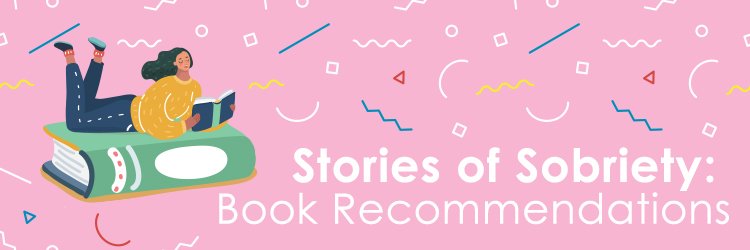[vc_row][vc_column][/vc_column][/vc_row][vc_row][vc_column][vc_column_text]Ever since I’ve been sober, I’ve been drawn to books about people’s sobriety experiences. It could be essays, poetry, or even—in one case—a memoir set in the apocalypse. I love to read about how people came to recovery and what they learned. It reminds me both that everyone’s sobriety experience is unique, and that certain aspects of addiction and recovery are universal. In case you are like me and want to read every recovery book ever written, here are some recommendations.[/vc_column_text][/vc_column][/vc_row][vc_row][vc_column][vc_custom_heading text=”“The Recovering” by Leslie Jamison ” use_theme_fonts=”yes”][/vc_column][/vc_row][vc_row][vc_column][vc_column_text]












